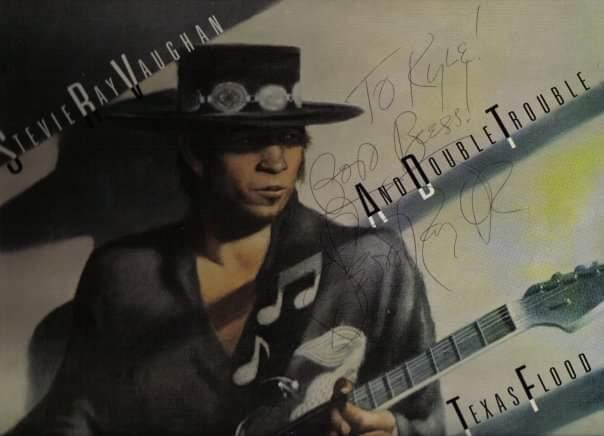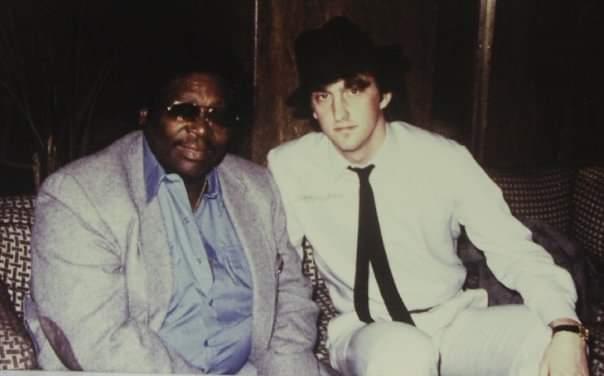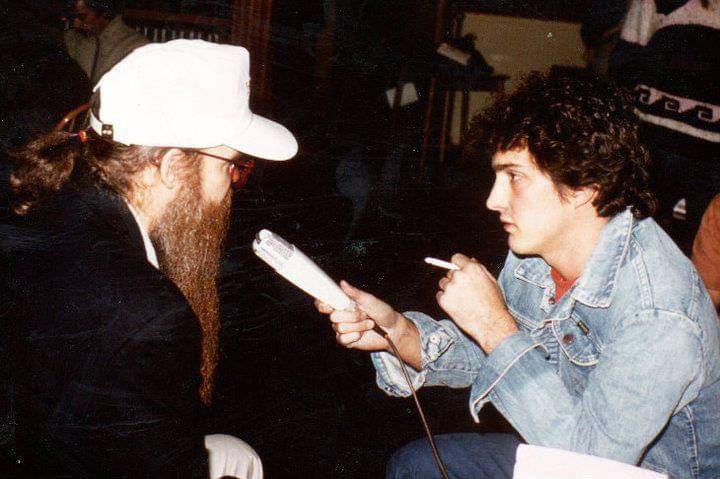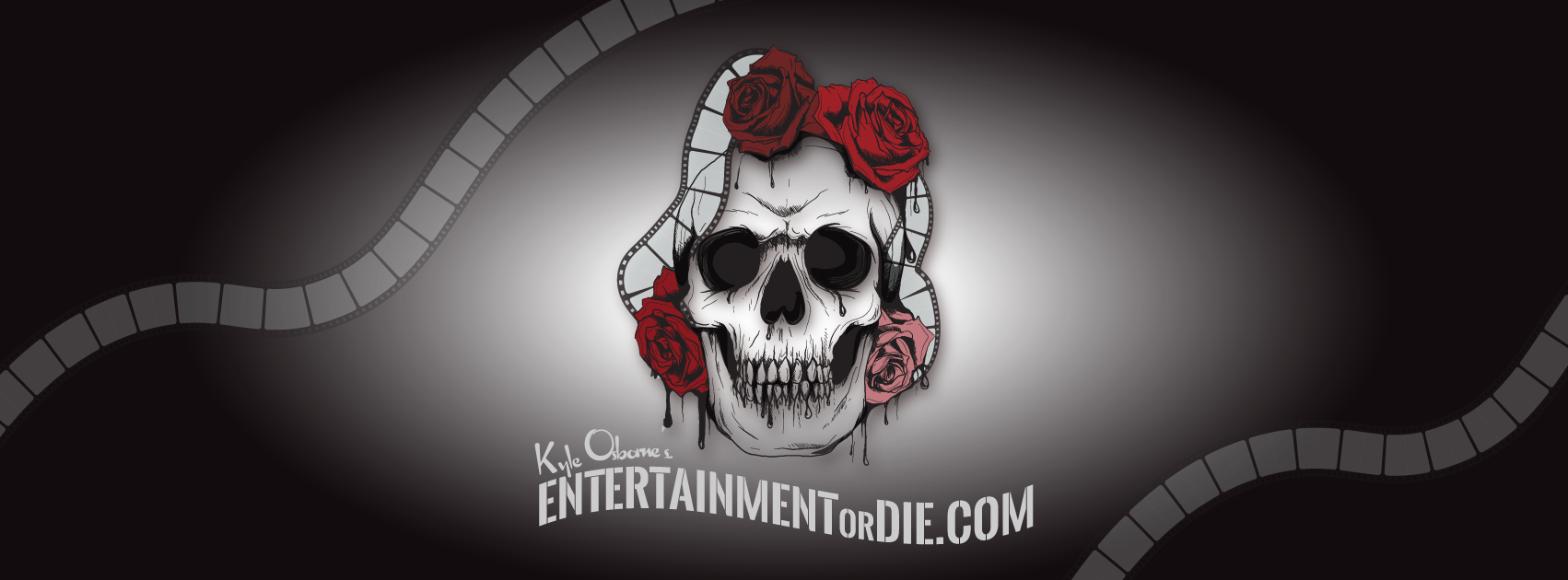Blues is almost a religious calling. Once it gets in your blood, you become evangelical about consuming it, spreading it, even living it, to some extent.
And you never know when that conversion will take place. For me, it wasn’t until my late teens. The first thing I did when I moved to Austin for college was to buy a ticket to see Clarence “Gatemouth” Brown at A.J.’s Midtown. I’d seen him on TV, but seeing him live that night was the gate opening wide for me.
In the newly released ‘Blues on Beale,’ you’ll see and hear enough to lift you ten feet off the ground, if you’re a fan – and, perhaps, just enough to draw you in if you’re not.
Shot over 5 days on Memphis’s famed Beale Street; the film follows the International Blues Challenge which brings in musicians from around the world to compete in hopes of getting record deals, concert bookings, and wider exposure for their work.
They come from seventeen different countries- from Croatia to Korea, and lots of homegrown pickers, too.
The film smartly makes it about more than just the phenomenal music, which has been filmed very well with amazing sound (it’s hard to get great film sound inside a club, but the filmmakers did it).
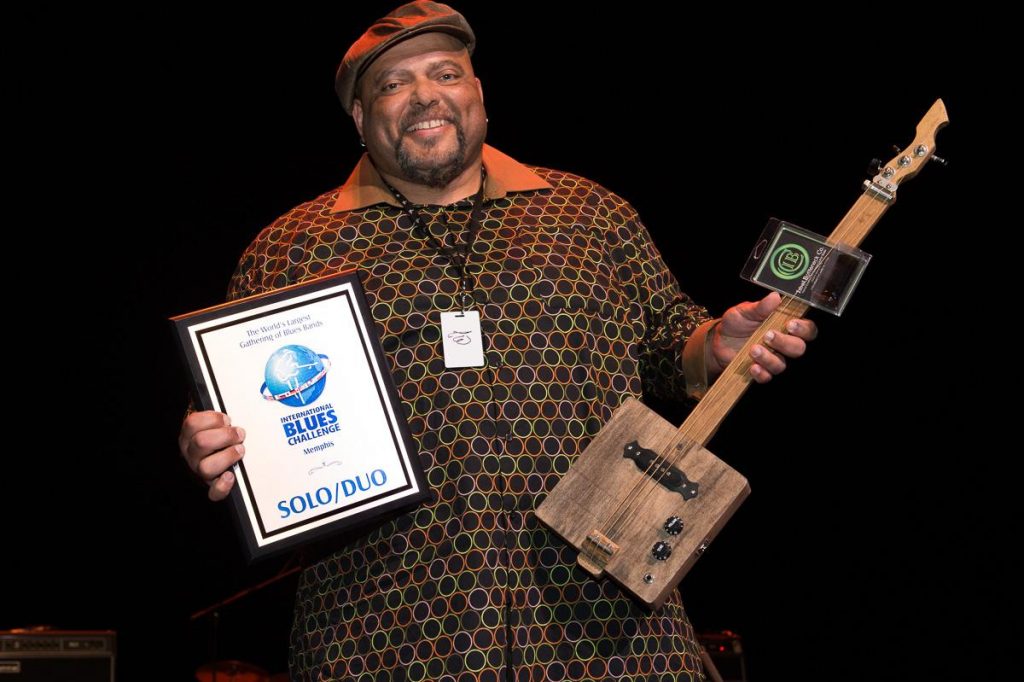
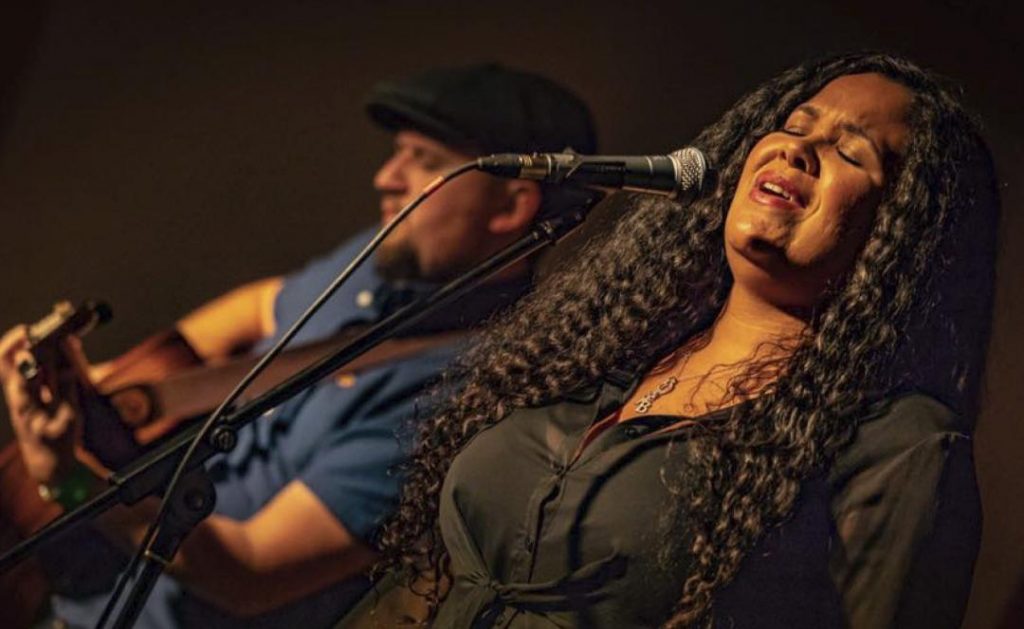
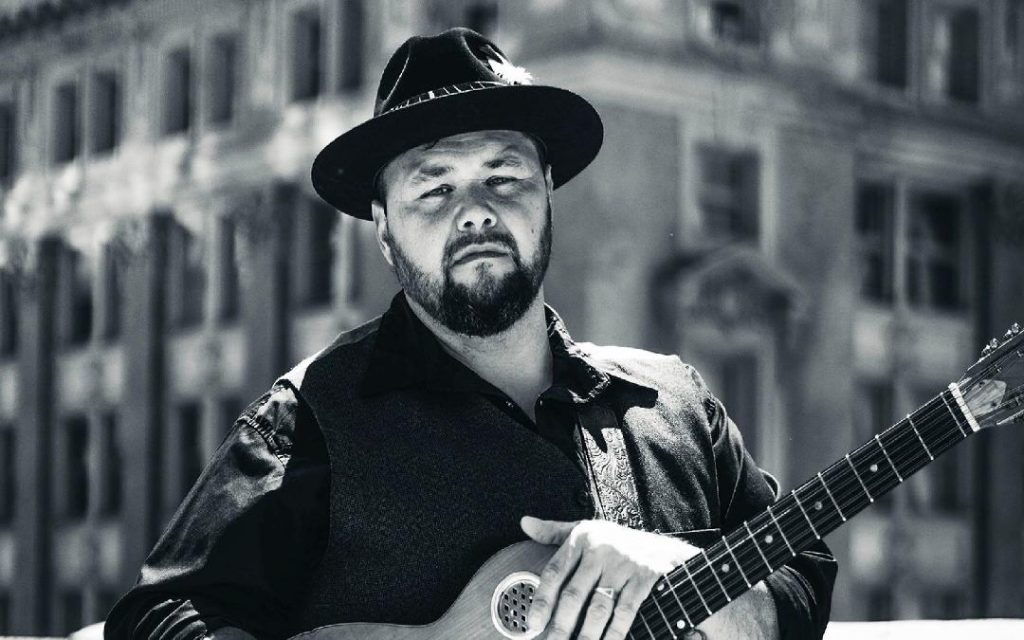
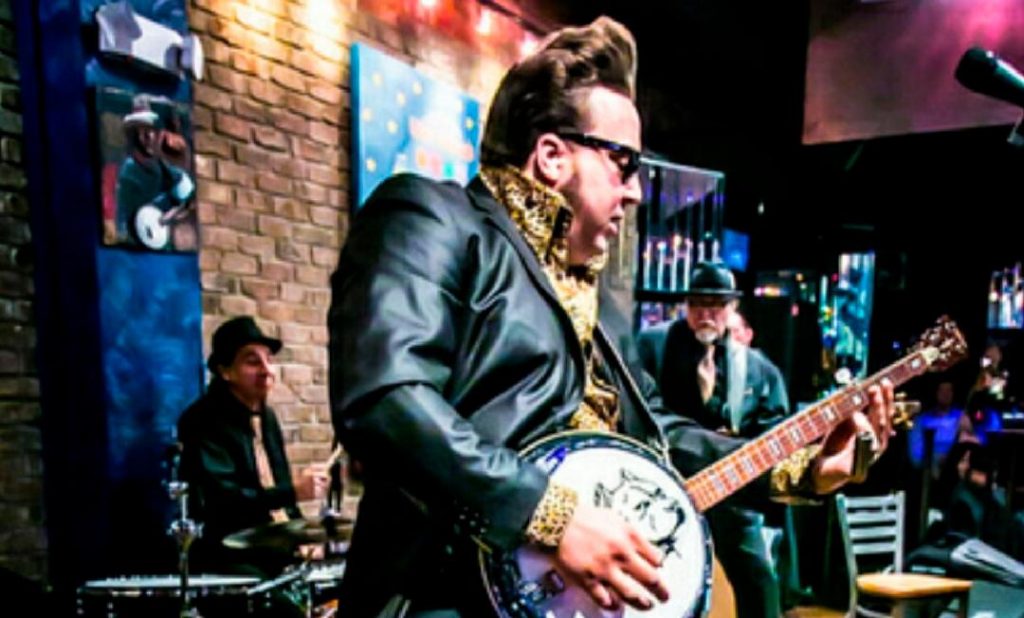
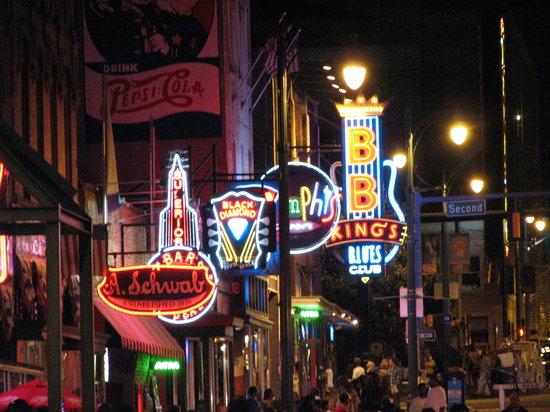
No, the movie uses a model that the legendary sports producer Roone Arledge came up with 50 years ago: don’t just show the guy jumping over a bar. Show the guy getting ready to jump over the bar, then cut to his backstory so that the viewer will have a stake in whether the guy clears the bar or not.
And that model is employed here; we learn about the guy in the wheelchair, the family of sisters who are on an adventure. The German guy who refuses to give his real name, only his Blues name- many characters with their own personal journeys.
There’s also a bit of history. The daughter of Muddy Waters appears early on with good background. Grammy winner Bobby Rush, now 88 years old, has his own unique perspective to add.
It’s interesting how often race comes up – but always in a historical context. The music clearly originated with African-American slaves and their not too distant descendants, and yet the organizers, many of the musicians, and some of the musicologists are white. Everyone is welcome. As one musician says, “Blues is the crossroads where black and white meet.”
Blues on Beale is now available On-Demand – VOD (TVOD/SVOD) from Echelon Studios
